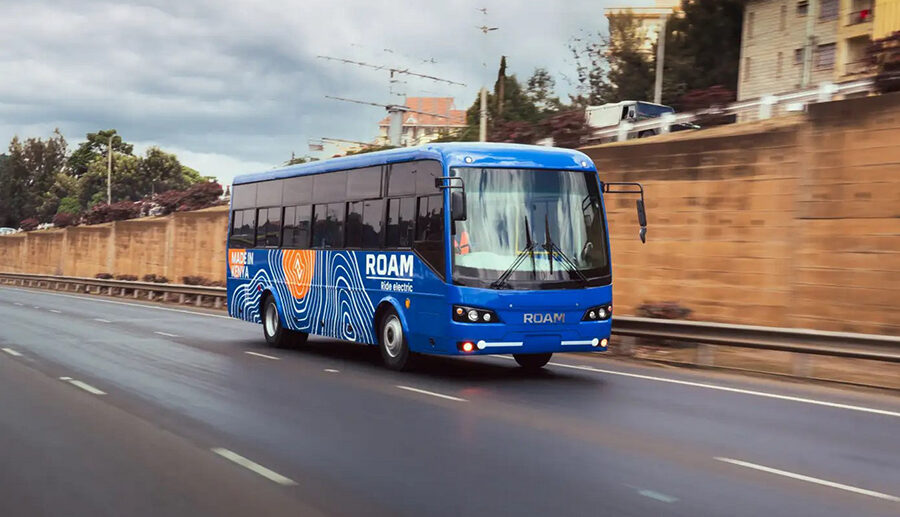Roam: Scaling Electric Vehicle Production in Kenya

Roam, an electric vehicle (EV) startup headquartered in Kenya, has secured $24 million in a Series A funding round, including up to $10 million in debt commitment from the U.S. International Development Finance Corporation (DFC). The funding aims to bolster the production of electric motorcycles and buses.
Funding Round Details
Equator, an Africa-focused climate tech venture capital fund, led the Series A round, with participation from various investors, including At One Ventures, TES Ventures, Renew Capital, The World We Want, and One Small Planet. This investment comes as Roam intensifies its efforts to scale up production, particularly of its Move bus model, which was launched last year. The company has also expanded its motorcycle assembly plant to meet growing demand.
Production Goals and Strategy
Roam aims to achieve a production rate of 1,000 motorcycles per month this year to cater to market demand effectively. The company has developed a hybrid charging solution for its motorcycles, allowing users to charge batteries either at home or at designated swap stations. Additionally, Roam assembles Move buses with a capacity of 42 seats and a range of 200 kilometers, targeting the education and public transit sectors in Kenya. These buses are designed to suit local conditions, including high ground clearances.
Vertical Integration and Future Plans
To enhance its product offerings, Roam plans to invest in research and tooling, aiming to deepen the vertical integration of its products. By owning more design components and reducing reliance on off-the-shelf parts, the company seeks to provide cost-effective solutions to the market. Currently, Roam has 275 purchase components, allowing for greater control over production costs and product quality.
Evolution and Market Impact
Founded in 2017 by Albin Wilson, Filip Lövström, and Mikael Gånge, Roam initially focused on EV conversions before transitioning to assembly in 2021. Despite challenges such as weak electricity grids and limited charging infrastructure, EV startups like Roam are driving the adoption of electric vehicles in Africa. Other players in the market, such as BasiGo and Ampersand, are also contributing to this transition by introducing commercial electric mass transport solutions and expanding battery-swapping networks in the region.
Investor Interest and Future Prospects
The growing interest from investors reflects the potential of the African EV market, despite ongoing challenges. Startups like Roam, along with others such as Ampersand, Spiro, and Kofa, are at the forefront of pioneering new EV technologies and infrastructure across key markets in Africa. With sustained investor support, these companies are poised to play a significant role in shaping the future of mobility in the region.













